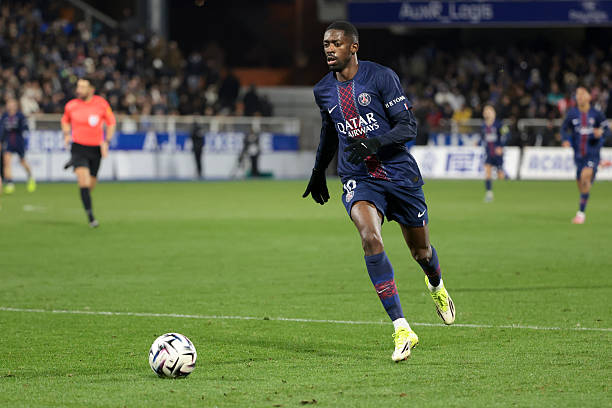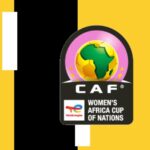Senegal government withdraws funding for clubs to play in Africa

The Senegalese government has announced that it will no longer finance local clubs participating in African interclub competitions, marking a significant shift in the country’s football policy.
The decision means that clubs qualifying for the CAF Champions League and the CAF Confederation Cup will now be responsible for funding their own participation.
In an official communication from the Senegalese Football Federation (FSF) dated 19 February 2025, the federation relayed the government’s decision to club presidents and league officials.
The letter, signed by the federation’s Deputy Secretary-General Mamadou Diouf, cites a directive from the Ministry of Youth, Sports, and Culture as the basis for the policy shift.
According to the letter, the government has decided to prioritize its financial resources for the country’s national teams.
“In view of the new guidelines concerning the management of international competitions, budgetary resources will be exclusively allocated to the various national teams, and consequently, the expenses of clubs related to African interclub competitions will no longer be covered by the state,” the communication states.
The government’s decision reflects a strategic shift toward strengthening the national teams rather than investing in club football.
Minister of Youth, Sports, and Culture Khady Diène Gaye reportedly communicated the new policy to the FSF and other national sports federations in a letter dated 7 February 2025.
The move could encourage clubs to adopt a more self-sustainable model but will leave them behind several Francophone countries and North African countries who are funded by the state to play in Africa thus giving them the chance to excel on the continent like top African clubs.
This policy change signals a new era for Senegalese clubs, which have historically relied on government support to compete in Africa’s top club tournaments.
The move is expected to put financial pressure on clubs, many of which struggle with limited commercial revenue and sponsorship deals.
Senegalese clubs, including recent CAF Champions League participants Génération Foot and Jaraaf, will now need to explore alternative funding sources.
This could involve securing more sponsorship deals, increasing private investment, or relying on their own revenue streams, such as gate receipts and player transfers.
While the decision does not align with broader trends across African football, where many governments fund clubs for African competitions, it raises concerns about competitiveness.
Without state support, some clubs may find it difficult to afford travel, accommodation, and logistical costs associated with playing in continental tournaments.
The FSF is expected to engage with club executives to explore potential solutions, including partnerships with corporate sponsors and financial incentives for clubs excelling in continental competitions.












